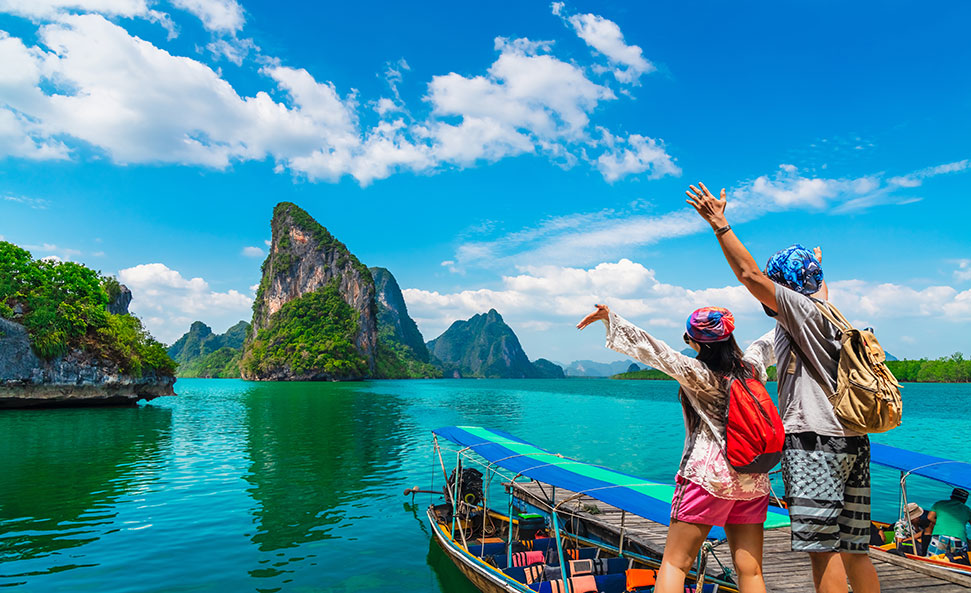The 2d decade of this century has borne witness to the start of a brand new and funniest place directed shape of Mexican tour; mezcal tourism. Spirits aficionados, marketers, photographers and documentary film makers, and students of the range of wealthy Mexican cultures, have been converging on in the main the southern country of Oaxaca. They come to buy, to analyze and recognize, to expose to the rest of the world, and in some cases to financially benefit from the returned-breaking work of agave (maguey) growers, artisanal distillers (palenqueros), and their respective households. Of the nine states in Mexico which in 2018 have been legally in a position to name the agave spirit “mezcal,” Oaxaca is by means of a ways the poorest the use of any reasonable standards. And so here within the kingdom where Mexico’s native son, Benito Juaréz became born and raised, we’ve an duty to ensure that mezcal tourism is ethical, responsible, sustainable, and respectful of both the environment and the lives of the folks who eke out a modest living cultivating and harvesting agave, and distilling mezcal. But how can we accomplish such lofty desires even as on the same time ensuring that those who bolster the Oaxacan financial system are rewarded of their travel reports?
Whether we flow closer to information mezcal pilgrimages to Oaxaca in phrases of ethical, responsible, sustainable or environmentally pleasant, or any mixture of the foregoing tourism classifications, we need a starting point. Most of the extra succinct definitions are subsumed in the World Travel Market’s adoption of the 2002 Cape Town Declaration of responsible tourism:
(1) minimizes poor financial, environmental and social affects;
(2) generates extra financial benefits for nearby people and enhances the properly-being of host groups, improves working conditions and get entry to to the enterprise;
(3) involves local people in decisions that have an effect on their lives and existence adjustments;
(4) makes fantastic contributions to the conservation of herbal and cultural historical past, to the protection of the sector’s variety;
(5) affords greater fun stories for travelers thru greater significant connections with neighborhood human beings, and a more information of nearby cultural, social and environmental troubles;
(6) offers access for people with disabilities and the deprived;
(7) is culturally sensitive, engenders respect among travelers and hosts, and builds nearby satisfaction and confidence.
The key players in mezcal tourism are growers, distillers, communities, government, industry regulators, logo proprietors and representatives, and site visitors to Oaxaca. Also blanketed are the publications, drivers and others who purport in an effort to efficaciously offer suitable services to those arriving in Oaxaca for anybody or extra desires.
On in reality a weekly basis whilst main mezcal excursions, nearly the whole thing I hear which has something to do with ethical mezcal tourism is set the present day “agave scarcity,” a misnomer in and of itself surely due to the fact there is in reality sufficient maguey to move around. The problems are the dramatic increase in charge according to kilo over the past several years, and palenqueros and growers harvesting espadín which are smallish, years prior to when they must be harvested on the way to produce the fine mezcal with the most useful yield. As lengthy as call for grows, tourism, in terms of these touring to Oaxaca to buy for private use or to increase an export task, is best to a limited quantity capable of cope with that problem in the context of enterprise sustainability.
Brand proprietors consisting of palenqueros should now not begrudge their growers, especially the ones in a subsistence way of life, of looking to obtain the benefit of the gravy train. They ought to apprehend the cyclical nature of the industry; the respectable earnings being derived from agave income these days, can also evaporate in some short years.





